Fixing the "apt-get: command not found" Error on Linux
When working with a Linux system, you might encounter the error "apt-get: command not found." Don't worry—this article will help you understand the cause of this error and guide you through simple and effective ways to fix it.
There are various methods to resolve the “apt-get: command not found” error, and you can refer to the following guide to find the most suitable solution for your problem.
What is the apt-get Tool?
The apt-get tool is a command-line package manager used in Debian-based systems and similar distributions. It allows users to manage the installation, updating, or removal of software on their systems simply and quickly.
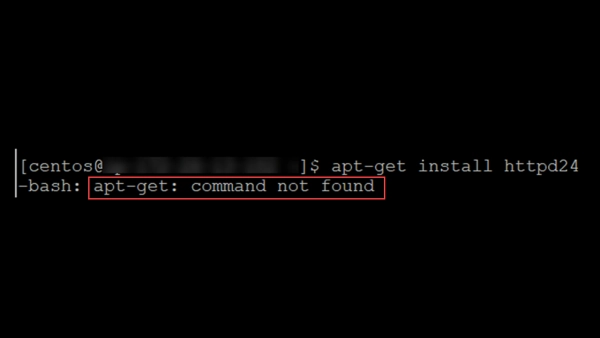
When you need to install new software on your system, you can use apt-get with the command `apt-get install [package name]`. For example, to install the screenshot software `scrot`, you would use the command `apt-get install scrot`.
Causes of the Error
The “apt-get: command not found” error usually appears when the system cannot recognize the apt-get command. Common causes include:
- Missing apt package: In some Linux distributions, the apt package is not pre-installed. This might happen in minimal installation versions or custom operating systems. In this case, you need to install the apt package before using apt-get.
- Incorrectly configured PATH environment variable: The PATH environment variable specifies the directories where the system looks for commands when you type them in the command line. If the directory containing apt-get is not included in the PATH variable, the system won't be able to find the command when you type it.
- System configuration errors: There may be configuration errors or conflicts between software packages on your system, leading to apt-get not functioning correctly or being unrecognized.
How to Fix the Error
1. On CentOS and RHEL
If you encounter the “apt-get: command not found” error on CentOS or RHEL (Red Hat Enterprise Linux), it means that your system does not recognize the apt-get command because CentOS and RHEL do not use apt-get as their default package manager. Instead, these distributions use the yum or dnf package managers.
To fix this error and install software on CentOS or RHEL, you can follow these steps:
1.1 Check whether your system uses yum or dnf
In some of the latest versions of CentOS and RHEL, dnf has replaced yum. You can check which package manager your system uses by typing `dnf --version` or `yum --version`.
1.2 Use yum or dnf to install software
Once you identify the package manager, you can use the corresponding command to install software. For example, if your system uses yum, you can use the following command to install a package:
yum install PACKAGE_NAME
If your system uses dnf, you can use the following command:
dnf install PACKAGE_NAME
Replace “PACKAGE_NAME” with the name of the software package you want to install.
1.3 Install yum or dnf if not already installed
In some cases, your system may not have yum or dnf installed. If this is the case, you need to install the appropriate package manager before using it. You can do this using the system's default package management tool.

2. On Debian, Ubuntu, and Raspberry Pi
To fix the “apt-get: command not found” error on Debian, Ubuntu, and Raspberry Pi OS, you can follow these steps:
- Reinstall the apt package (on Debian and Ubuntu): Download the `apt.deb` package from the official Ubuntu website and then install it using the command `sudo dpkg -i apt_[VERSION].deb`. Be sure to replace the file name with the appropriate version you downloaded.
- Try installing an alternative to apt (on Raspberry Pi OS): If apt-get is not working on Raspberry Pi OS, you can try installing an alternative to apt to resolve the issue.
- Check network connection and system date/time: Ensure your computer has an active network connection and the system date and time are set correctly. Use the ping command to check the network connection and confirm that your computer can access other websites.
- Restart the computer: After making the necessary adjustments, restart your computer and try the apt-get command again.
3. Other Ways to Fix the Error
Additionally, there are other methods to fix the “apt-get: command not found” error on Linux systems:
- Check if the command is installed: First, you should check if apt-get is installed on your system by using the command `which apt-get` or `whereis apt-get`. If apt-get is not installed, you need to install the apt package before using it.
- Check the PATH environment variable: Ensure that the directory containing basic commands like apt-get is included in the PATH environment variable. You can check this by using the command `echo $PATH`. If the directory containing apt-get is not listed in the PATH variable, you may need to add it.
- Check user permissions: Sometimes, the “apt-get: command not found” error can occur when the user does not have sufficient permissions to execute the command. In this case, you might need to use the sudo command or ensure that your account has the necessary permissions to execute the command.
- Check the status of the apt package: If none of the above methods resolve the issue, it’s possible that the apt package on your system is corrupted or not functioning correctly. In this case, you may need to reinstall the apt package or consider other repair options.
With the tips shared in this article, I hope you find useful information and successfully resolve the “apt-get: command not found” error on your device. Good luck!
Submit feedback
Your email address will not be made public. Fields marked are required *
Search
Trend
-
What is Black Myth: Wukong? Detailed Guide on System Requirements and Gameplay
08-21-2024 . 1k view
-
The simplest and fastest way to log into the Chinese TikTok, Douyin.
01-10-2022 . 1k view
-
Blog sites that will accept AI generated content
07-26-2024 . 1k view
-
Call of Duty: Black Ops 6 - Intense, Mysterious, and Surprising Warfare
09-02-2024 . 1k view
-
The "End of Life" for Windows 10: A Massive E-Waste Threat and Sustainable Solutions
08-18-2024 . 943 view






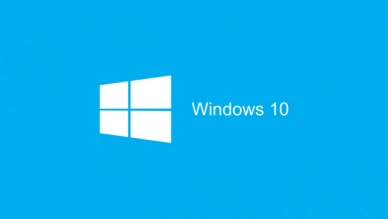
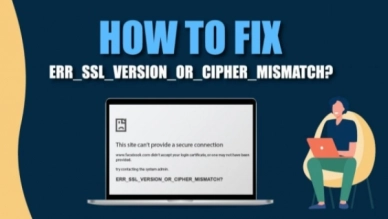
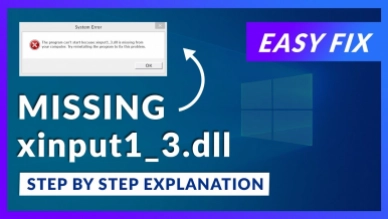
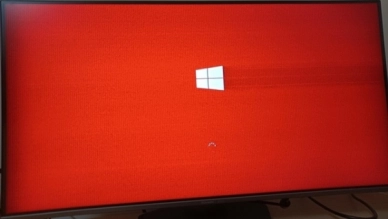
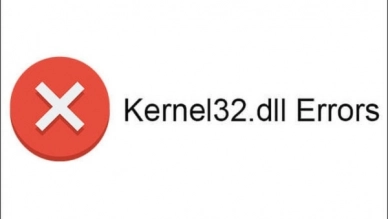
0 feedback